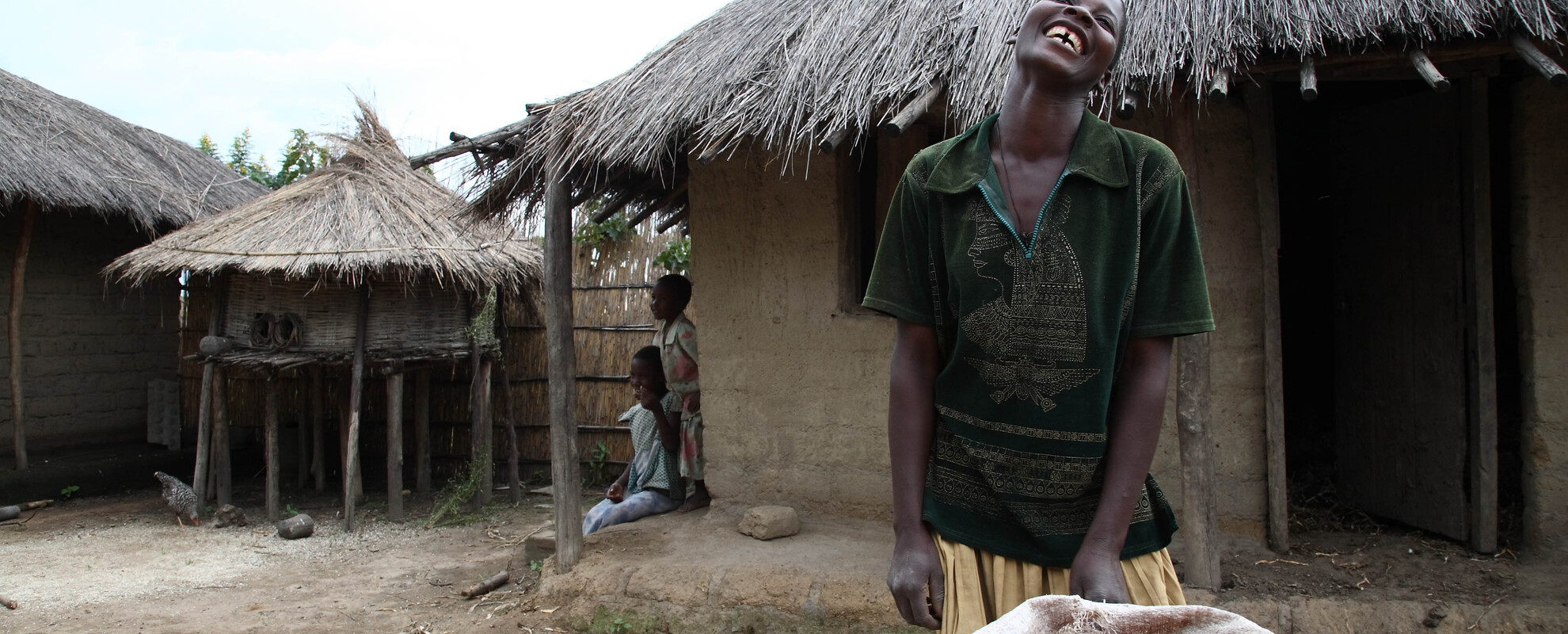

Alternative Proteins: Africa’s Way Forward
Alternative proteins will be crucial in sustainable food systems and climate-resilient agriculture, especially in Africa which has the highest protein deficiency. Putting even more pressure on the food system, protein consumption will increase by 300% in the next two decades as the continent’s population will double in size.
What are the protein sources that are needed and how will this plant-based, animal, cultivated and insect protein mix look like? Animal protein is resource-intensive and therefore ever increasing in price - aside from the climate and environmental impact.
The ‘COP28 UAE Declaration on Sustainable Agriculture, Resilient Food Systems, and Climate Action’ recognised for the first time the interdependence of food systems and climate change.
Side event objectives:
- Understanding the relevance of alternative proteins in the African context
- What does the planetary-health diet (mostly plant-based) mean in terms of feeding 2.5 billion Africans in 2040 and agricultural production
- How will a ‘protein mix’ look like on the continent
Expected outcomes:
- Identifying stakeholders in the African alternative protein space
- Networking / Pan-African interlinkages
- Industry meeting public officials
This side event aims to explore the different aspects of alternative proteins in an African context regarding food security, planetary health, human nutrition and also climate-positive socio-economic growth.
Organizers: ProVeg International (Nigeria), EIT Food and IKEA Foundation (PlantWorks)




